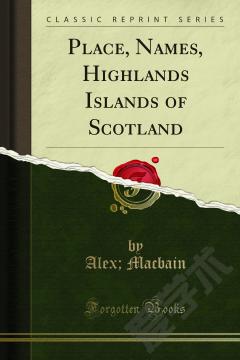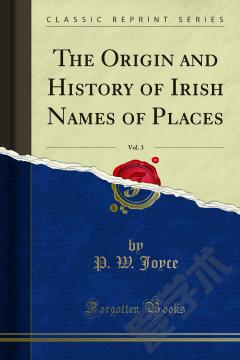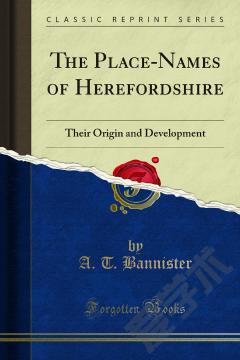The Place-Names of Cumberland and Westmorland
The ideal investigator of the origin of place-names would combine a thorough familiarity with local configuration, a knowledge of local history based on study of original documents, and a mastery of phonological method. In the absence of such a combination, the work might conceivably be best undertaken by two or three experts working in harmony. Unfortunately the local historian or antiquarian and the philologist seem to be only too frequently in conflict. Books dealing with British place-names have been written in a good many cases with a bias towards the one or the other side. The philologists, ignoring local features and local history, sometimes put forward suggestions of origins of place-names which are ridiculed by the man on the spot, while many of the derivations advanced by the local antiquarian excite the scorn of the trained philologist. The fact of the matter is that the study of place-names is a very difficult and perplexing field of research. In attempting to elucidate the origin of the place-names of Cumberland and Westmorland I have steered a middle course, ever keeping in mind the difficulties of the task. But though I began with some confidence, tempered as I hoped with caution, I have at the end to confess to a feeling of disappointment. Time after time it has been necessary to throw overboard a convincing explanation in the remorseless presence of a fresh early form. The present work may be compared to an edifice that has been built, then almost demolished, then re-built and altered in detail over and over again. An inspection of the word-lists at the end of the book will show how small a residue of fact remains as the result of the investigation.Cumberland and Westmorland readers of this book may think that the allotment of space to the names has not always been in proportion to their importance in the eyes of natives.
{{comment.content}}








 京公网安备 11010802027623号
京公网安备 11010802027623号